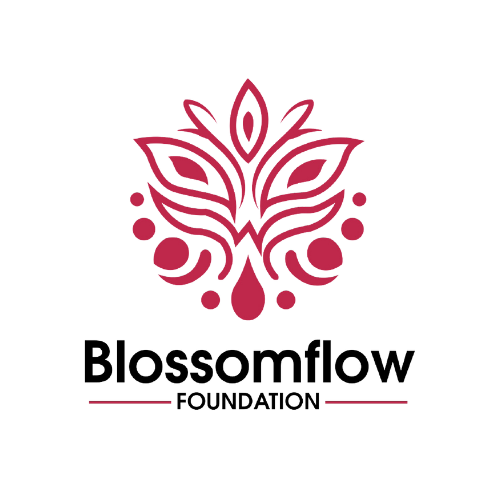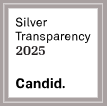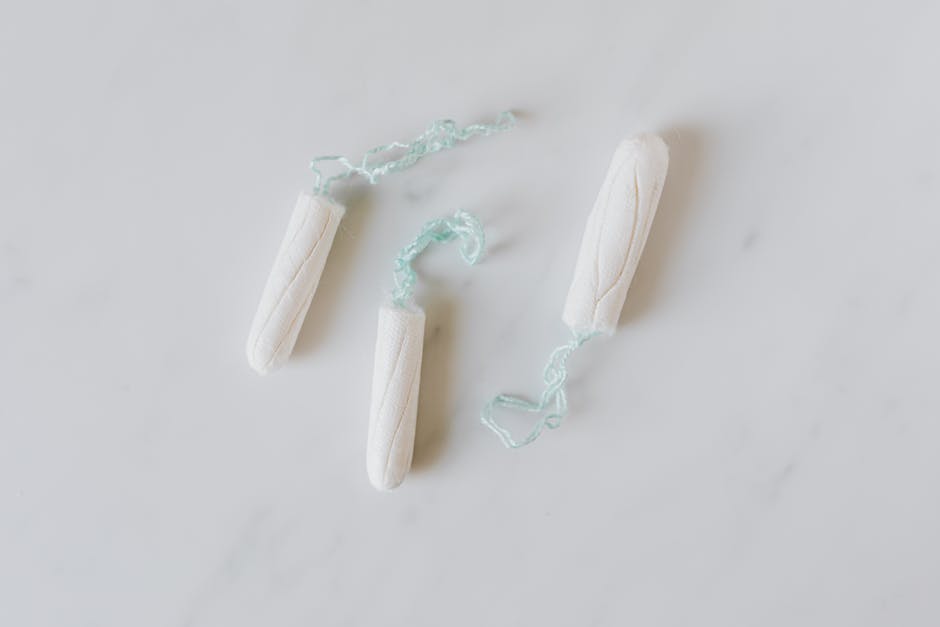
Why Menstrual Health Education Matters More Than You Think
Imagine a world where every person understands the fundamentals of menstruation, breaking cycles of misinformation and stigma. That’s the transformative power of menstrual health education. It’s more than just learning about a biological process; it’s about empowering individuals, promoting gender equality, and challenging harmful myths.
The Basics of Menstrual Health Education
At its core, menstrual health education encompasses the study of the menstrual cycle, understanding the biology behind it, and recognizing how it affects individuals both physically and emotionally. It aims to normalize menstruation, dispelling the secrecy and shame often associated with it.
Learning about menstrual health from a young age fosters a positive attitude towards this natural process. It equips individuals with the knowledge to manage their menstrual health effectively, including understanding menstrual products, and the importance of hygiene, and addressing common health issues.
Unpacking the Myths and Misconceptions
Across cultures, myriad myths and misconceptions about menstruation have perpetuated stigma and discrimination. Menstrual health education challenges these falsehoods by providing accurate information, enabling individuals to make informed decisions about their bodies and health.
One common myth is that menstruating people are ‘unclean’ or ‘should be isolated,’ which is scientifically unfounded and harmful. Educating society at large can help eradicate such damaging beliefs and foster a culture of respect and understanding.
The Impact of Menstrual Education on Gender Equality
Menstrual health education plays a crucial role in advancing gender equality. By demystifying menstruation and advocating for equal access to menstrual products and facilities, it contributes to creating a more level playing field for all genders.
Gender equality is severely compromised when individuals miss out on opportunities such as education due to menstruation-related issues. Adequate menstrual education ensures that menstruating individuals can continue with their daily lives without interruption, promoting equality.
Barriers to Accessing Menstrual Health Education
Despite its importance, many individuals around the world face barriers to accessing comprehensive menstrual health education. These obstacles can be cultural, stemming from stigma and taboo, or material, such as lack of resources and properly trained educators.
In some regions, the subject remains shrouded in silence, leaving individuals to navigate their menstrual health with misinformation or no information at all. Addressing these barriers requires a multifaceted approach, including community engagement, policy changes, and increased funding for education programs.
How to Support and Promote Menstrual Health Education
Advocacy and awareness are key to promoting menstrual health education. Supporting organizations that work in this field, educating oneself and others, and engaging in open conversations about menstruation can all contribute to breaking the cycle of stigma and misinformation.
Communities can foster positive change by integrating menstrual health education into school curriculums, ensuring that accurate information is available to all. Moreover, advocating for policies that provide free or low-cost menstrual products in schools, workplaces, and public facilities is essential.
A Step Towards a More Inclusive Future
Menstrual health education is not just a tool for personal empowerment but a linchpin in the broader fight for gender equality and public health. By removing the shadows of stigma and ignorance, we pave the way for more inclusive, informed communities where every individual can thrive. As we reflect on the significance of this topic, let’s remember that knowledge about menstrual health is a right, not a privilege, and it’s essential for creating a world that respects and values all aspects of human biology.
For comprehensive insights, explore more about Menstrual Hygiene Management by WHO.
All Categories
Recent Posts
Why SDG 4 Cannot Be Achieved Without Ending Period Poverty
Tags
Give them a helping hand
Every donation fuels our mission to combat period poverty. Your generosity brings us closer to menstrual equity.
+234-909-482-1642
inquiries@blossomflow.org





